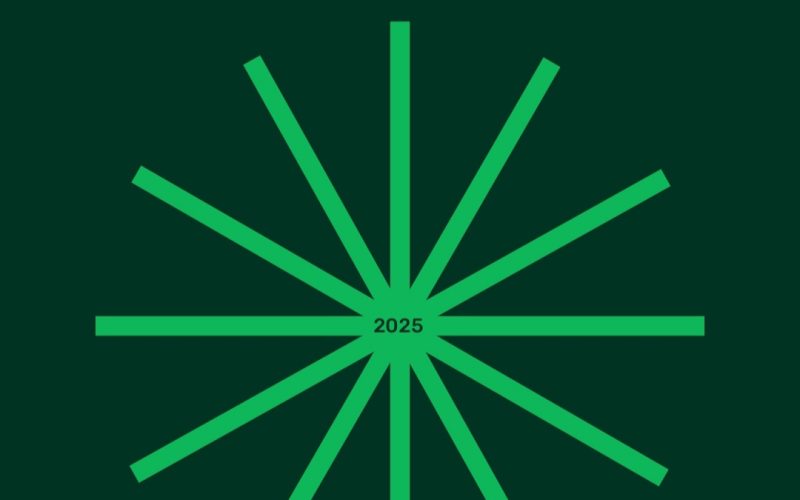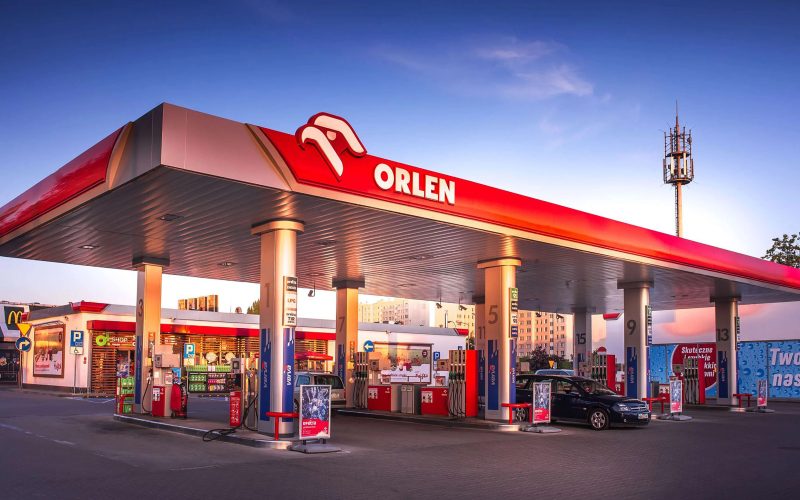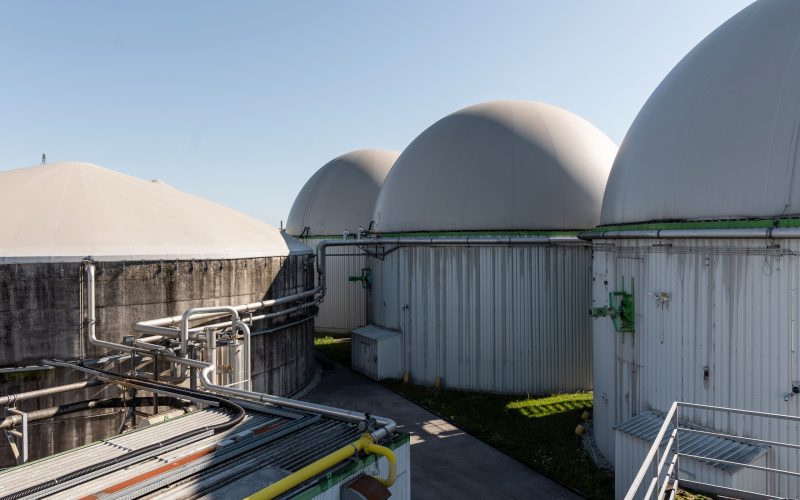The production of biomethane in Europe increased by 20% — the new EBA report
Biomethane production in Europe increased by almost 20% in 2022 compared to the previous year, according to the latest edition of the Statistical Report of the European Biogas Association (EBA).
Europe’s biogases production (combined biogas and biomethane) in 2022 amounted to 21 bcm. This is more than Poland’s entire inland natural gas demand and represents 6% of the EU’s natural gas consumption in 2022. Biomethane production alone grew from 3.5 bcm in 2021 to 4.2 bcm in 2022. In the case of Denmark, the share of biomethane in the gas grid was close to 40% and there are plans to increase this production to substitute 100% of the gas demand before 2030.

Why is biomethane universal?
The versatility of biomethane as a renewable energy source is reflected in its balanced distribution pattern across end-uses, all in urgent need for decarbonisation:
- 22% used for buildings in 2022,
- 14% were used in industry,
- 19% for transport,
- 15% for electricity production.
Plans
The plans include 35 billion cubic meters of biomethane production. This requires a stable annual growth rate of approximately 30% in biomethane production capacity. This level of growth is achievable, but must be supported by optimal market conditions. Consistent biomethane capacity planning and faster permitting processes are the first steps to encourage the market and project developers to work much faster, the EBA said.
Dependence on imports into the EU
Meanwhile, the EU dependency on natural gas imports went from 83% in 2021 to 97% in 2022. That is why the production of biomethane is of strategic importance for Europe’s energy security.
«Each Euro invested in biogases will remain in the European economy and provide an additional value of 50% before 2030 that will also stay within our economy», — says Harmen Dekker, EBA’s CEO.
Europe’s dependence on imports also poses risks to food security through dependence on imported chemical fertilizers. According to the EBA, in 2022 Europe produced 31 million tons (DM) of digestate and could already cover 15% of the EU’s demand for nitrogen fertilizers. This can save 10 Mt of CO2 equivalent and 2 billion cubic meters of natural gas consumption.
Source: European Biogas Association.


